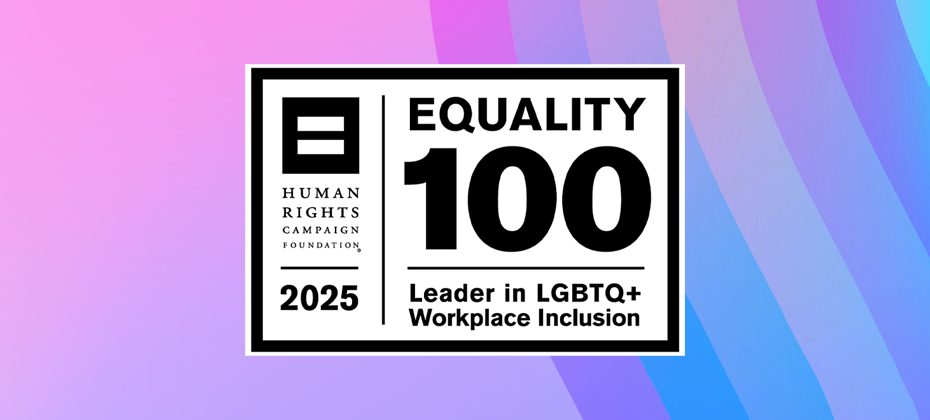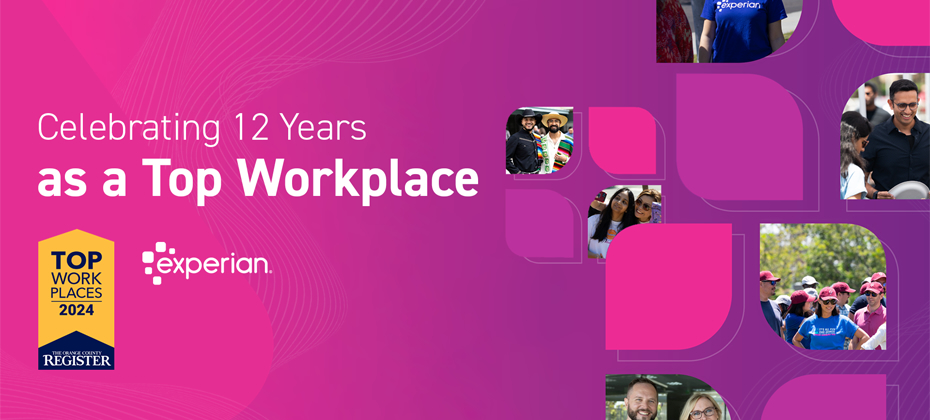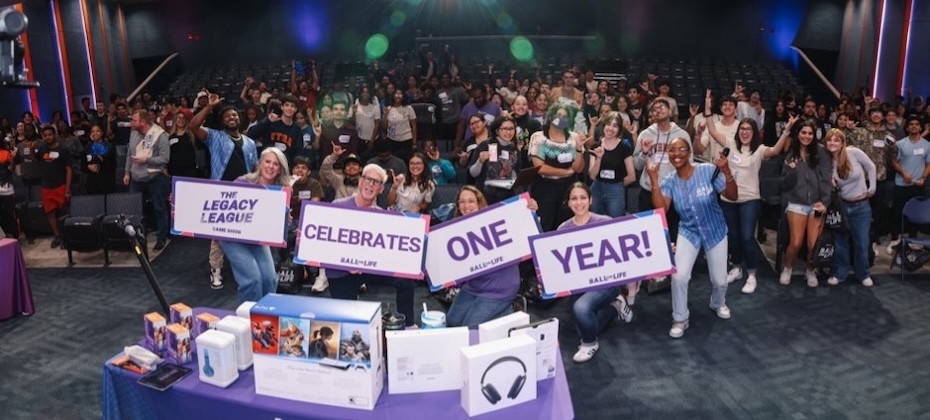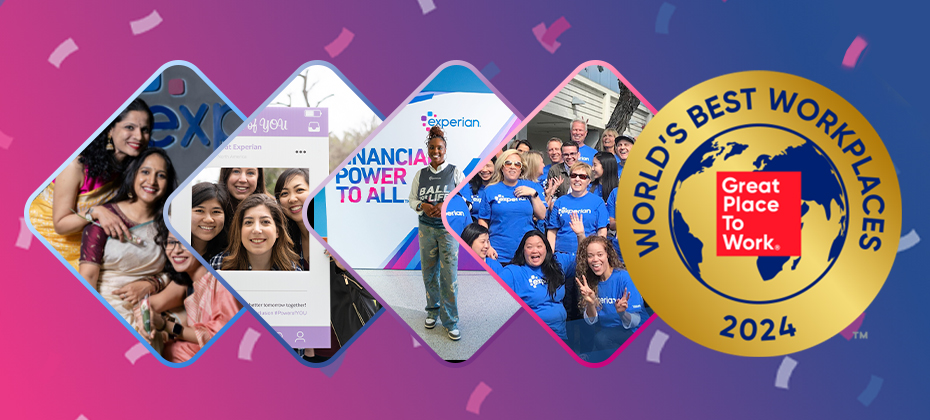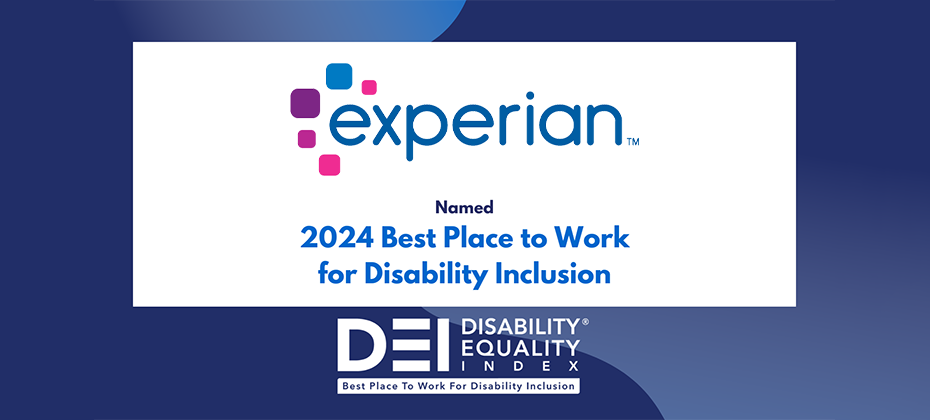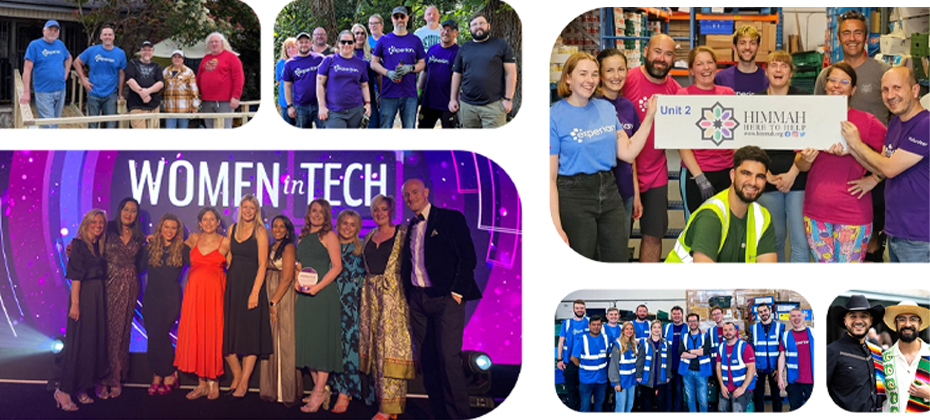At A Glance
At a Glance When an unknown printer took a galley of type and scrambled it to make a type 2ince the 1500s, when an unknown printer took a galley of type and scrambled it to make a type specimen book. It has survived not only five centuries, but also the leap into electronic typesetting, remaining essentially unchanged. It was popularised in the 1960s with the release ince the 1500s, when an unknown printer took a galley of type and scrambled it to make a type specimen book. It has survived not only five centuries, but also the leap into electronic typesetting, remaining essentially unchanged. It was popularised in the 1960s with the releaseince the 1500s, when an unknown printer took a galley of type and scrambled it to make a type specimen book. It has survived not only five centuries, but also the leap into electronic typesetting, remaining essentially unchanged. It was popularised in the 1960s with the releaseince the 1500s, when an unknown printer took a galley of type and scrambled it to make a type specimen book. It has survived not only five centuries, but also the leap into electronic typesetting, remaining essentially unchanged. It was popularised in the 1960s with the releaseince the 1500s, when an unknown printer took a galley of type and scrambled it to make a type specimen book. It has survived not only five centuries, but also the leap into electronic typesetting, remaining essentially unchanged. It was popularised in the 1960s with the release

The Small Business Credit Share is a “give-to-get” data consortium in which members provide more detailed data about the performance of the accounts in their portfolios. In exchange for expanded contribution, members get exclusive access to enriched information that is deeper in content than what is available to standard Experian clients or through competitive credit share programs. They benefit from the more comprehensive reports, business credit scores, attributes, and reporting that are available. The Small Business Credit Share is open to all credit granting institutions, including financial institutions, companies that issue trade credit, telcos, utilities and others. The tradeline performance reporting from this broad swath of B2B companies helps drive the effectiveness of the products that are available to members. The Small Business Credit Share has firm qualification standards to insure consistent information and regular reporting guidelines are followed, to help protect the interests of all members.

 Did you know that this week is National Small Business Week? It is a time dedicated entirely to acknowledging the positive impact small businesses have on our economy. So let’s take a moment to recognize the contributions that millions of entrepreneurs and small business owners have made to our local communities. Whether it’s creating jobs or providing our favorite products and services at convenient locations, here’s to Small Business – they are truly the backbone of our nation’s economy.
Did you know that this week is National Small Business Week? It is a time dedicated entirely to acknowledging the positive impact small businesses have on our economy. So let’s take a moment to recognize the contributions that millions of entrepreneurs and small business owners have made to our local communities. Whether it’s creating jobs or providing our favorite products and services at convenient locations, here’s to Small Business – they are truly the backbone of our nation’s economy.

Experian’ s Vision Conference in Dallas wrapped up today with the last round up breakout sessions and a keynote address from Texas legend Roger Staubach, Heisman Trophy winner, Super Bowl MVP and Executive Chairman of Jones Lang LaSalle Americas.

Experian’s Business Information Services and Moody’s Analytics have been reporting on the health of small business credit on a quarterly basis since 2010, publishing the Small Business Credit Index report. In this joint session moderated by Brian Ward, Senior Director – Integrated Marketing, Joel Pruis, Senior Business Consultant from Experian’s Global Consulting Practice and Moody’s Analytics Senior Director Cristian deRitis offered an in-depth analysis of business credit health across the United States.

Day two of Experian’s 33rd annual Vision 2014 Conference in Dallas included a full morning of education on topics related to the economy and the industry. Chief investment strategist at Wells Capital Management, Dr. James Paulsen kicked off today’s events delivering a powerful keynote address on the economic and financial outlook for the U.S.

Experian kicked off its 33rd annual Vision 2014 Conference today in Dallas with the keynote address that attendees have been anticipating for months – President Bill Clinton, the 42nd President of the United States and founder of The Clinton Foundation. Although President Clinton addressed many topics in his talk including some of the important initiatives his foundation is spearheading, the theme centered around creative cooperation and the success that is achievable when people focus on their common goals. Experian hosted 32 breakout sessions throughout the day for attendees. Experian thought leaders, clients and industry experts discussed how to achieve quality growth in a challenging economic and competitive environment.

Is your organization prepared to meet these requirements? Although some of the regulatory guidance on Model Risk Governance was released recently, it is nothing new and needs to be an integral and integrated part of an organization’s way of thinking, risk management and overall business strategy.

To trust or not to trust is the ultimate question when it comes to online, card not present transactions. For e-commerce merchants and online shoppers it should be a two-way street. But far too often, a customer who should be trusted has a transaction wrongfully declined. This tarnishes their relationship with the merchant, the bank and the credit-card company, resulting in loss of revenues, interchange fees and most importantly, lifetime loyalty. The impact of consumer action in the face of a decline can have real and measurable effects on all parties, including credit card companies, banks and merchants manifesting itself in lost revenues, lost fees and lost customer loyalty. In fact, in a recently commissioned independent survey by 41st Parameter, a part of Experian, 17% of consumers surveyed had an online transaction declined. That equals about $40 billion lost each year due to false positives… $40 billion that could be reclaimed.

Increasingly Experian’s clients are questioning whether they are extracting full value from their data. There’s more data, more accessible analytic capability – there should be more value created. But this growing information asset needs to be harnessed by targeting it in the right way (generating the right insights) and having the processes to minimize the time from insight to action. Technology and techniques need to be aligned to efficiently capture, analyze and action customer insight in a concerted way, with the customer view at the center of this activity. Understanding customers’ current circumstances, and the challenges & opportunities they are likely to encounter, can help us establish what they need right now and predict their future needs. Identifying life event triggers, and effectively actioning these triggers, can help us ensure that we’re maximizing the customer’s lifetime value with the right communications, with the right content, at the right time.

Gone are the days when news of a data breach was shocking. Today they have become all too common an occurrence. One of the most concerning issues around breaches is that many consumers’ digital identities are based on a single email address or username/password. With stolen identity data in hand, criminals can submit fraudulent mortgages, credit card applications, even create fake credit cards, in the names of thousands of unsuspecting victims. Regardless of how the data is used, one thing is certain: breaches pose serious dangers to consumers, retailers and financial institutions. The need for customer-friendly fraud management is stronger than ever. A single layer of protection is simply ineffective as criminals are more efficient than ever in obtaining consumer identification details and compromising simple access credentials. While mobile technologies and the Internet itself have enabled consumers to have anytime access to their financial data, these advances are the very means by which criminals perpetrate fraud. And customer-friendly technologies and policies continue to outpace the controls and risk management.

For small business owners, the bumpy ride continues. Not that things aren’t getting better; they are. Or at least, when you take a step back from the monthly assessments of small business optimism, and observe the trend lines over the last couple of years. But It’s the up and down, uneven nature of the monthly reporting that gives you this picture of a “she loves me, she loves me not” world small business owners must be living in. At least life isn’t boring. From a lenders perspective, it may not be quite so erratic. The larger small businesses are providing good opportunities for lenders to provide new financing. Demand is growing, and that is a good thing. In addition, new forms of financing are growing in popularity. Alternative lenders are providing direct financing to small business owners, and providing competition for more traditional banks. Credit cards are being embraced more and more by small business owners, and provide some nice fringe benefits to owners. Extending payments, rewards programs, and just plain old convenience are among the benefits small business owners can enjoy by paying their vendors with a credit card. Not a bad way to go!

In the early 1970’s a brilliant engineer/inventor/music lover designed a credit card sized electronic music player. Early prototypes and models of this small music player received the accolades of “the most radical music system ever” from the audio industry. Many of you may think I am talking about Steve Jobs – well I am not. This inventor however was distracted, did not pay attention to the business and saw the technology get away from him. And that is why today, Jobs and Apple’s 1.75 billion iPods are a household name and Kane Kramer is not. So the question for you today is…are you keeping your eye on the technology, trends, and market place that will make your commercial lending efforts successful and sustainable? In a CEB TowerGroup survey, bank executives clearly called out that maximizing credit applications with quality growth is the top priority for 2014. To be successful in achieving that growth commercial bankers will be focused in 2014 and beyond on these five key areas: (1) Rationalizing infrastructure, (2) Optimizing sourcing, (3) Centralizing risk management, (4) Enhancing liquidity management, and (5) Implementing commercial loan management solutions. To back that claim, in the 2013 Sales Readiness Assessment, CEB TowerGroup found that banks that are taking these steps to lead in technology changes were seeing an increase of 8% in their top performing relationship managers, and a 13% increase overall. And while growth is critical, we cannot take our eye off the existing portfolio. Best practices suggest that to make the most impact in 2014, institutions should in the next 90 days to take steps to look at their individual loans, but with multiple factors, e.g. duration, convexity, and yield. But even more important banks should aggregate these views to a portfolio level to make sure that can optimize returns overall. So while we see that in commercial lending the 3-year CAGR is now 10.5% and looking stronger, banks need to focus and not be distracted and capitalize on these opportunities. Invest and stay focused on the future! Vision 2014: The new world of commercial lending from Experian Business Information Services Tweet this! Not focusing on #innovation & change can cost you. Kramer designed IXI in the 70's. But #apple gained with 1.7 B #ipod sold. #vision2014 Click to Tweet This At @ExperianVision and Joanne Pollitt from CEB Tower Group talking about #change in cmcl #banking for 2014. Are you ready? @ExperianVision Click to Tweet This What is your #banks top #commercial #banking #initiative for 2014?? How can @Experian_DA_GCP and @Experian_US help you #succeedandproceed Click to Tweet This
